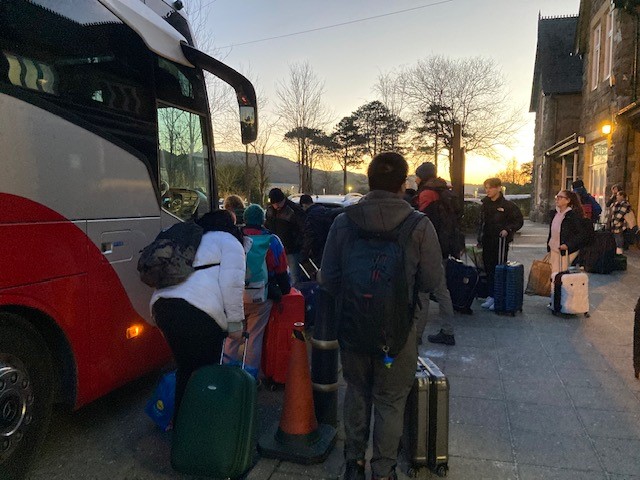We hear a lot about the need for economic growth in order to fund public services and clean up the environment. It’s seen as the only way to pay for more frequent trains and buses, shortening NHS waiting lists and looking after people with care needs. But what does it actually mean to grow the economy and how is it measured?
The widely used Gross Domestic Product (GDP) measures everything where money is exchanged. It measures all goods and services we buy, the percentage increase being the growth in GDP.
This GDP measure doesn’t discriminate between useful things and destructive ones; it does not define wealth. Car crashes, subsequent hospital admissions plus solicitors and insurance services, all count. So does war; during the Second World War the US economy grew a staggering 52.4 per cent.
What’s not included is also important to know. Volunteering, growing your own veg, or looking after a loved one for free doesn’t count. Neither does environmental destruction unless the clean-up is paid for. And it doesn’t indicate the level of inequality either.
Our planet has been used, and is still being used, as a dumping place. It’s also of course the only source of resources, money being an ephemeral human concept that can be created at the click of a button. Money and the actual real stuff - resources that our planet allows the human species to use – have been divorced from one another for a long time. The upshot is a country with massive debts, both personal and governmental, and, it’s argued, the only way to plug the debt gap is to grow the economy more. That means we all have to consume more, produce more, and spend, spend, spend; eat larger portions, buy bigger cars, throw away your year old phone for the latest version because it’s faster or your old one won’t charge any longer.
On a finite planet, the word ‘more’ is a contradiction in terms. Our planet is creaking under all this stress with dirty rivers and seas, whole habitats destroyed, species disappearing at unprecedented rates.
Governments and economists are well aware of this crisis. Some economists will even tell you the truth but most politicians prefer to pull the wool over your eyes and will tell you that your children will be better off than you. In the meantime they cut spending on public services in order to keep a semblance of control over the money-debt-cycle. Therefore they’ll keep telling you they can’t afford to put on an hourly train service between Aberystwyth and Shrewsbury or an hourly bus service between Aberystwyth and Cardigan. And they’ll tell you they can’t afford to insulate cold houses properly. All these measures would actually benefit us as they would lead to net zero. For a politician to argue that we need economic growth in order to pay for environmental improvements is like saying we need to plunder the planet in order to save it. The simplicity of using GDP is completely unhelpful.
Ask too much of our planet, our ecosystem, our one and only home, don’t be surprised that the system that sustains us and all other life forms will collapse. Over the years people have told me to be more realistic, that people will not vote for having less stuff. My answer is that my kind of realism is grounded in planetary limits, the only realism that matters at the end of the day. So how about sharing our resources more equally, manufacture things that’ll last and investing where it matters, not on vanity projects but on useful public services, and more on frontline staff, less on pen-pushers.





Comments
This article has no comments yet. Be the first to leave a comment.